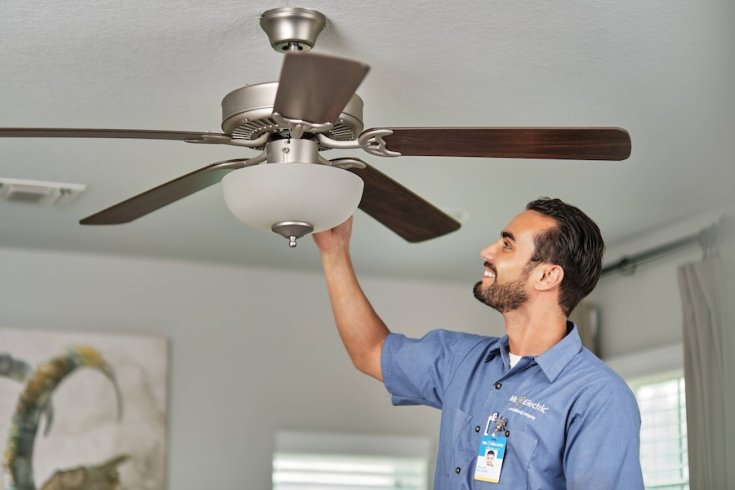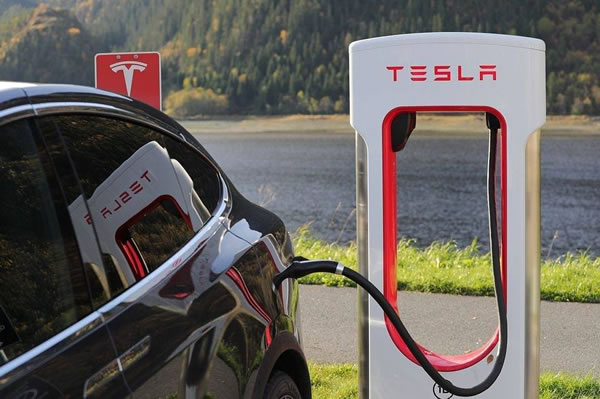
24-Hour Emergency Electricians in Fort Worth, TX
Call this Wednesday to Get 10% OFF
Need an electrician?
Schedule NowRequest Electrical Service Now
817-585-299324-Hour Emergency Electricians in Fort Worth, TX
Call this Wednesday to Get 10% OFF
Need an electrician?
Schedule NowRequest Electrical Service Now
817-585-2993
Selecting the appropriate charging solution is essential in the constantly changing world of electric vehicles (EVs) in order to guarantee a smooth and effective charging experience. Electric Vehicle Supply Equipment (EVSE) alternatives are many due to the growing demand for dependable charging infrastructure brought about by the EVs' increasing popularity.
In this blog post, our professionals from Mr. Electric will explore key considerations and factors to help you make an informed decision on the perfect EV charger for your electric vehicle.
To understand the basics of EV charging, one must first delve into the details. There are three main EV charging levels:
Assessing your charging requirements is the first step in selecting the ideal EV charger. Think about the range of your electric car, the way you drive every day, and if you will mostly charge your car at home or at public charging stations. The best combination of charging speed and convenience is usually found with a Level 2 charger at home for most users.
Handling the complexities of installing an EV charger is not a do-it-yourself project. It is essential to use an electrical repair service or a skilled electrician. These experts have the knowledge and experience to evaluate the electrical system in your house, suggest appropriate charging options, and make sure the installation complies with local and safety codes.
Are you in need of an electrician? Luckily, we at Mr. Electric have dedicated workers ready at your service. Contact our representatives for more questions.